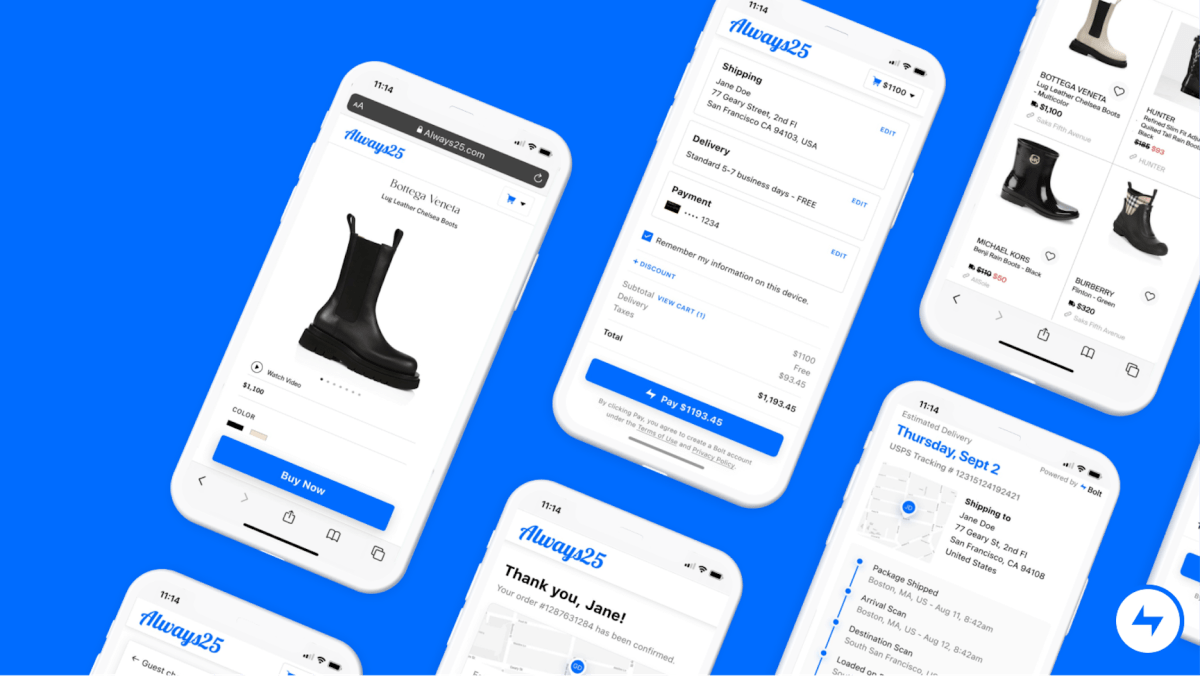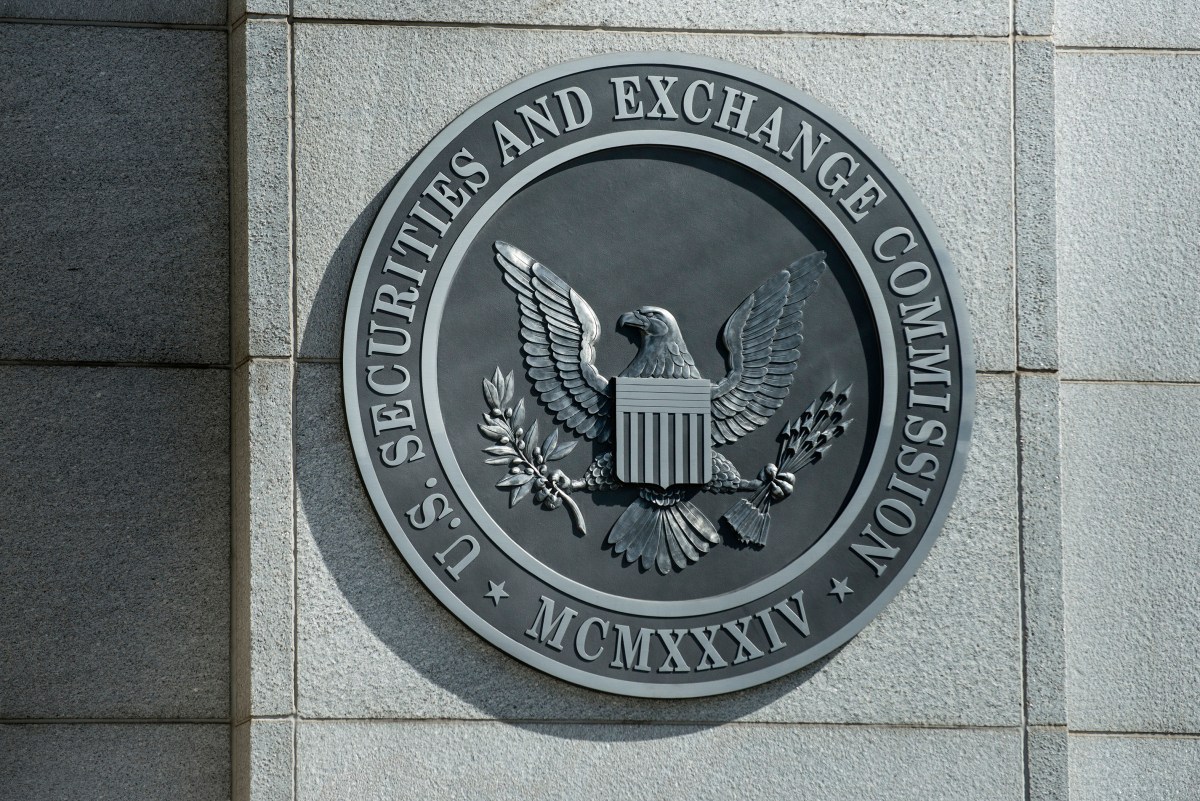Eight years ago, orthopedic surgeon Dr. William Kapp attended a medical conference that changed his professional life.
He had gone from a private practice doctor to co-founding a company that built critical care hospitals to then selling that company. It gave him an interest for both sides of healthcare: the medicine and business sides, he told TechCrunch.
So he went to the annual conference hosted by famed physician-scientist Dr. Daniel Kraft to learn about new tech that could improve results while lowering costs. Dr. Peter Diamandis, founder and chairman of the XPRIZE Foundation, was on stage that year with Dr. Bob Hariri, a stem-cell pioneer and co-founder of several health techs like genomics company, Human Longevity, Kapp said. They discussed genomics, microbiomics, and new tech that wasn’t part of mainstream medicine.
Inspired, Kapp went back to his home town of Naples, Florida, and “started a thing called Longevity Performance Center. The idea was to do early detection and then optimization of people’s health,” he said.
In March 2020, Diamandis (pictured above) and his buddy Tony Robbins heard of Kapp’s center and visited. They had a stem cell startup called Fountain Therapeutics. Conversation soon turned toward a merger, and by October that year, the two companies became Fountain Life.
Kapp remained CEO with both Diamandis and Robbins as his co-founders and board members.
Today his board also includes Hariri as an adviser; Todd Wanek, CEO of Ashley Furniture Industries, as an investor; and wealthy Indian business mogul B.K. Modi as an investor as well.
Techcrunch event
San Francisco
|
October 27-29, 2025
Fountain Life tells TechCrunch exclusively that it just raised an $18 million series B, led by EOS Ventures, with participation from most of the existing members of the board. Fountain previously raised an $80 million Series A and has raised about $108 million total, Kapp said.
Longevity as a subject of serious study by the medical community is a new field. When Kapp (pictured below) first launched his center, “We didn’t know exactly what longevity meant,” he said. But over the last four or five years, much more research has been done.
The first principle of longevity, he said, is “don’t die of anything stupid.” Therefore, Fountain Life’s centers, of which there are four today, have a heavy focus on prevention screening, looking for illnesses and chronic conditions at their earliest stages when they tend to be asymptomatic. Blood tests and body scans gather data on over 100 biomarkers from liver fat to “microbiome concentrations,” he said.
The second principal is optimization, meaning improving those markers with scientifically validated treatments, he said. And the third principal is “using the latest regenerative therapies under FDA trials,” to treat illness or achieve optimization.
Screening tests may discover, for example, small intestinal bacterial overgrowth (SIBO), which, left untreated, may lead to certain cancers, he said. The solution, if caught early, is to restore microbiome balance with specific, prescribed microbiotics.

For Fountain’s members, testing is repeated every quarter or so, and patients can track results and ask questions of an AI-powered app called Zori.
But it’s pricey, Kapp admitted. A full subscription costs $30,000 a year, and $10,000 will cover just the testing process and AI, but not ongoing tests and medical support.
Still, Kapp remembers two stories that told him this work was on the right track. The wife of a Robbins fan bought a membership for her husband, and the tests caught early-stage, asymptomatic kidney cancer. The husband is now cancer-free.
When global hotelier Sam Nazarian was exploring a partnership with Fountain to put longevity centers in luxury hotels, Nazarian did Fountain’s tests and found a brain aneurysm. They successfully treated it, Nazarian has publicly said.
Kapp says the new funding will allow the company to open more centers. In addition to Naples; Westchester, New York; Orlando; and Dallas, a center in Houston will open in December. Centers in Los Angeles and Miami are planned for Q2 of 2026.
He hopes to solve the affordability issue by working on “clinic development” where Fountain trains medical facilities on its methodologies. Kapp says that as the tech and expertise become more widely available, this will drive down costs for access.
Fountain is not the only doctor-driven longevity testing startup. Famed functional health doctor Mark Hyman has a company called Function Health. It offers a package of about 160 blood tests, with follow-up tests every three to six months, for a $500/year membership (with additional fees for additional blood tests). Its platform similarly analyzes and tracks test results, although it doesn’t do full body scans or offer direct access to physicians.










![The Difference Between Search Engine Optimization and Generative AI Optimization [Infographic]](https://whizbuddy.com/wp-content/uploads/2025/08/Z3M6Ly9kaXZlc2l0ZS1zdG9yYWdlL2RpdmVpbWFnZS9zZW9fdnNfZ2VvXzIucG5n.webp-600x373.webp)




